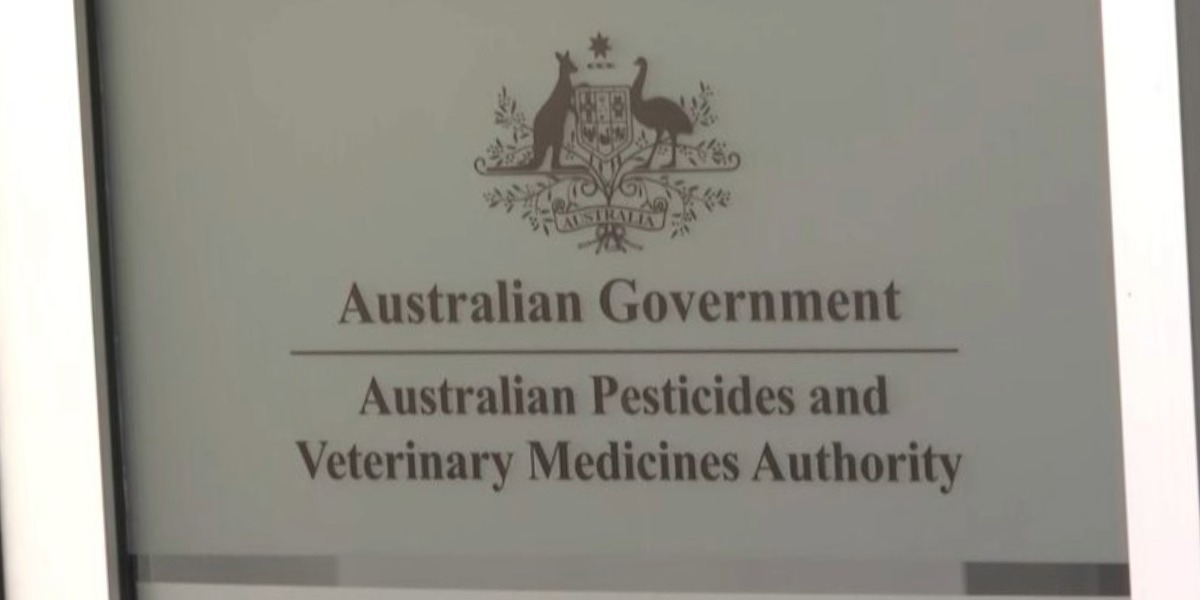The sluggish performance of the Australian Pesticides and Veterinary Medicines Authority (APVMA) in Armidale is being blamed for creating a looming productivity drought for the nation’s farmers, with farming organisations and CropLife calling for urgent reform and resourcing.
Both farming groups and CropLife raised the alarm earlier this year, noting in the most recent APVMA performance reports that only 54.9 per cent of major pesticide application assessments for new products were completed on time. That is a sharp decline from nearly 99 per cent just three years ago, leaving farmers at risk of falling behind international competitors.
CropLife, the national peak industry organisation for the plant science sector, says that delays in assessment times at the APVMA mean farmers are missing out on access to new technologies that would help drive productivity and sustainability.
“Farming productivity creates a better Australia for everyone. It eases cost-of-living pressures at the supermarket checkout for Australians and grows our economy,” said Matthew Cossey, CEO of CropLife Australia.
Mr Cossey said farmers rely on timely access to crop protection and biotechnology products to support productivity growth, adapt to climate change, and maintain food security.
“On this metric, the APVMA has failed,” he said.
“Current delays in application assessments at the APVMA for CropLife members alone add up to a combined total of nearly 40 years. Barely half of the applications for new, innovative crop protection products are being assessed within their mandatory, legislated assessment timeframe, with delays frequently exceeding 18 months for just one application. This has left Australia at the back of the queue for new plant science technologies and our farmers at a massive disadvantage.”
Mr Cossey said steps such as adopting modern software-based assessment tools, increasing the use of external expert reviewers, and reestablishing on-time performance were essential to restoring confidence in the regulator.
“Unfortunately, the APVMA Board, in its recently released Corporate Plan, have decided to reduce expectations rather than lift the Regulator’s efficiency, ignoring statutory timeframes that underpin the predictability required for investment and entrenching a culture of underperformance,” he said.
The concerns extend beyond the APVMA. Mr Cossey said the Department of Health, Disability and Aged Care was now in its seventh year of what should have been an 18-month process to modernise Australia’s national biotechnology laws.
“Failure to implement the modern risk proportionate model for regulation of biotechnology agreed to back in 2018 has left farmers without the modern crop varieties that would boost productivity, enhance sustainability, and deliver affordable food,” he said.
The regulator is also facing pressure on another front, with the Australian Industrial Hemp Alliance lodging a formal complaint over the APVMA’s approach to hemp-based animal nutrition products. The Alliance says that contradictory classifications, poor communication, and suspended enforcement actions have stifled growth, deterred innovation, and caused significant financial losses for businesses in a sector with major export potential.
“The lack of communication has disrupted business planning and industry confidence. Inconsistent classifications have undermined trust in the APVMA’s decision-making,” said Charles Kovess, President of the Australian Industrial Hemp Alliance.
Got something you want to say about this story? Have your say on our opinion and comment hub, New England Times Engage

